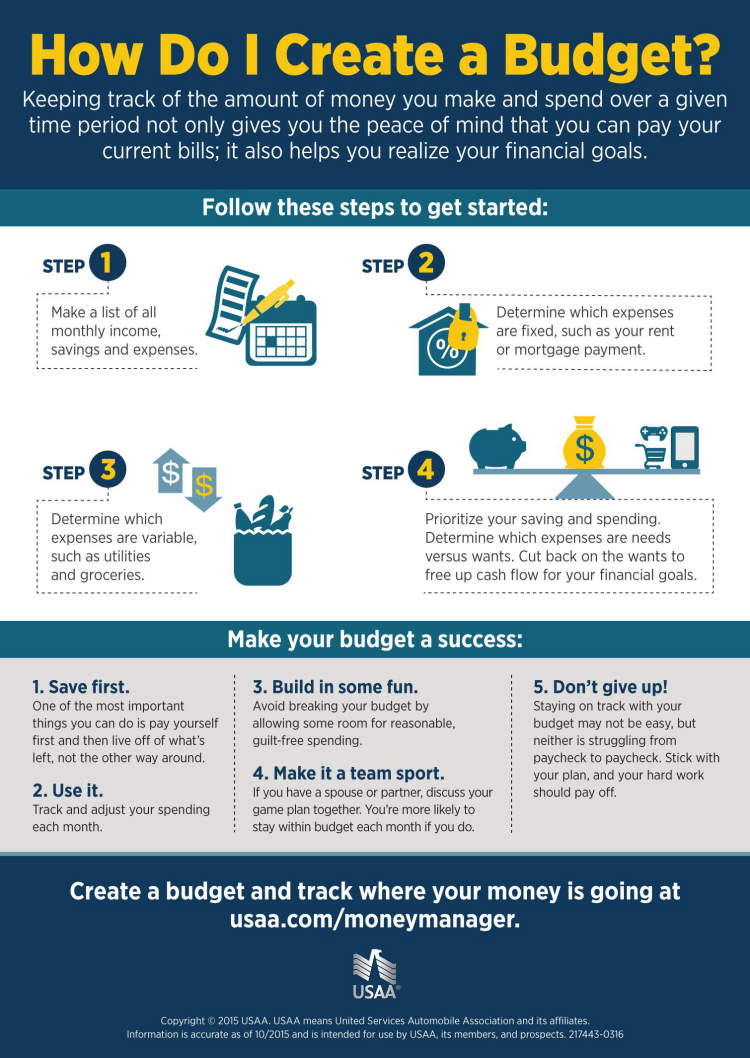In today’s fast-paced and challenging world, achieving financial well-being is a goal that many individuals strive for. However, with so many financial responsibilities and obligations, it can often feel overwhelming and difficult to know where to start. If you find yourself in this situation, fear not. This article will guide you through five simple steps that can help you achieve financial well-being and secure a stable and prosperous future.
Step 1: Set clear financial goals. Before embarking on any financial journey, it is crucial to have a clear understanding of what you want to achieve. Whether it’s saving for a dream vacation, buying your dream home, or retiring comfortably, setting clear financial goals will help you stay focused and motivated along the way.
Set Financial Goals
Setting financial goals is essential for achieving financial well-being. By having clear and specific goals, you can create a roadmap to improve your financial situation and secure your future. Here are five simple steps to help you set and achieve your financial goals:
1. Assess Your Current Financial Situation
The first step in setting financial goals is to assess your current financial situation. Take a close look at your income, expenses, debts, and savings. This will give you a clear picture of where you stand financially and help you identify areas for improvement.
2. Define Your Financial Goals
Once you have a good understanding of your current financial situation, it’s time to define your goals. Do you want to save for a down payment on a house, pay off your student loans, start a retirement fund, or go on a dream vacation? Be specific and write down your goals.
3. Break Down Your Goals into Smaller Milestones
To make your financial goals more manageable, break them down into smaller milestones. This will help you stay motivated and track your progress along the way. For example, if your goal is to save $10,000 for a down payment, set smaller monthly or quarterly savings targets.
4. Create a Budget
A budget is a powerful tool for achieving financial goals. It helps you track your income and expenses, identify areas where you can cut back, and allocate funds towards your goals. Create a realistic budget that aligns with your goals and make a habit of sticking to it.
5. Take Action and Review Regularly
Setting goals is only the first step. To achieve them, you need to take action. Start implementing your budget, saving money, paying off debts, and making smart financial decisions. Regularly review your progress and make adjustments if needed.
By following these five simple steps and staying disciplined, you can achieve your financial goals and enjoy long-term financial well-being.
Create a Budget

Having a budget is essential for achieving financial well-being. It allows you to track your income and expenses, manage your money effectively, and reach your financial goals. Follow these simple steps to create a budget that works for you:
- Assess your income: Start by calculating your total monthly income, including your salary, freelance work, or any additional sources of income. This will give you a clear picture of what you have available to budget.
- Track your expenses: Keep track of all your expenses, from bills and groceries to entertainment and dining out. Use a spreadsheet or a budget tracking app to organize your expenses and identify any areas where you can cut back.
- Set financial goals: Determine what you want to achieve with your money. It could be saving for a down payment on a house, paying off debt, or building an emergency fund. Having clear goals will help you stay motivated and focused.
- Create categories: Divide your expenses into different categories such as housing, transportation, food, entertainment, and savings. Allocate a specific amount of your income to each category, ensuring that essential expenses are prioritized.
- Monitor and adjust: Regularly review your budget to see if you’re staying on track. If you find that you’re overspending in certain areas, look for ways to make adjustments. It may involve cutting non-essential expenses or finding more affordable alternatives.
Remember, a budget is a dynamic tool that needs to be adjusted as circumstances change. Don’t be afraid to make changes and find a budgeting strategy that works best for you and your financial goals.
Save Regularly
One of the key steps towards achieving financial well-being is developing a habit of regular savings. By saving regularly, you can build a strong financial foundation and protect yourself from unexpected financial hardships. Here are five simple steps to help you save regularly:
1. Set a Savings Goal
Start by setting a specific savings goal. It could be saving for emergencies, a down payment on a house, or retirement. Having a clear goal will motivate you to save regularly.
2. Create a Budget
Track your income and expenses to create a realistic budget. This will help you identify areas where you can cut back and save more. Allocate a portion of your income towards savings every month.
3. Automate Your Savings
Make saving effortless by automating your savings. Set up an automatic transfer from your checking account to a dedicated savings account. This way, you won’t even have to think about saving—it will happen automatically.
4. Reduce Expenses
Look for ways to reduce your expenses and save more. Cut back on discretionary spending, negotiate bills, and find cheaper alternatives. Redirect the money you save towards your savings goals.
5. Prioritize Savings
Make saving a priority in your financial life. Treat it as a fixed expense that must be paid before anything else. By prioritizing savings, you are ensuring a secure financial future for yourself.
By following these simple steps and saving regularly, you can achieve financial well-being and enjoy peace of mind knowing that you have a strong financial safety net.
Conclusion
In conclusion, achieving financial well-being is within reach for everyone. By following these 5 simple steps, you can take control of your finances and pave the way for a more secure future.
Firstly, it is essential to create a budget and track your expenses. This will help you understand where your money is going and make necessary adjustments to save more effectively. Secondly, prioritize saving and start building an emergency fund. Having a safety net will give you peace of mind and protect you from unexpected expenses. Thirdly, educate yourself about investments and consider diversifying your portfolio. This will allow your money to work harder for you and potentially generate additional income. Fourthly, avoid unnecessary debt and make a plan to pay off existing debts. This will free up your income and enable you to save and invest more. Lastly, be mindful of your spending habits and make conscious decisions when it comes to purchases. Practice self-control and avoid impulsive buying, focusing instead on long-term financial goals.

